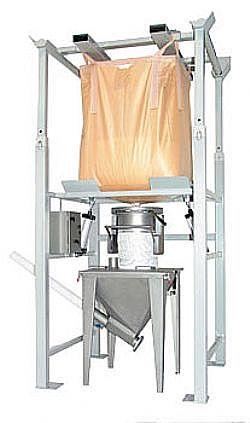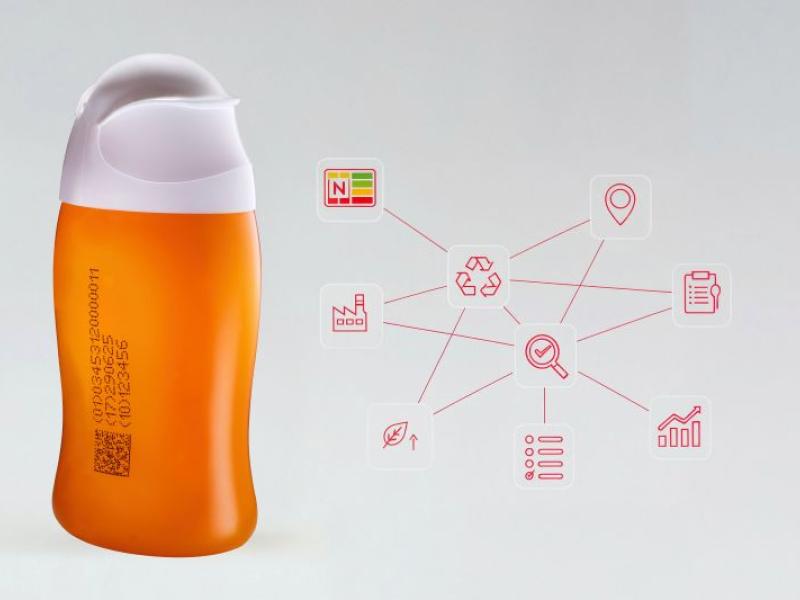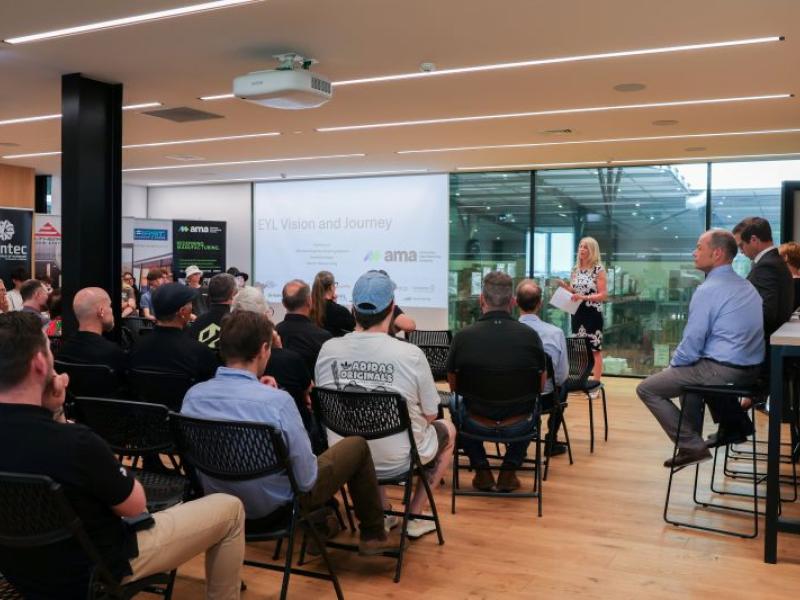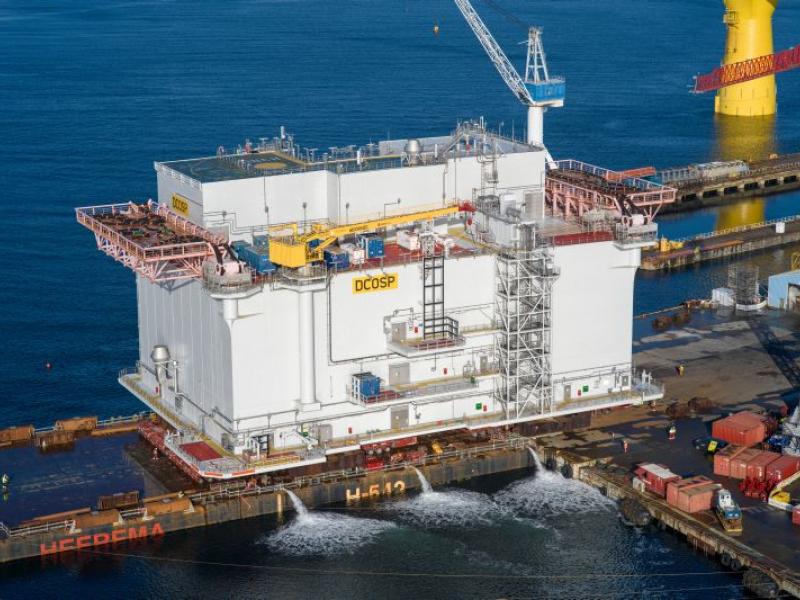FRESCO Systems Australasia has been busy extending its range of bulk bag loading and unloading equipment. Bulk bags or FIBCs (Flexible Intermediate Bulk Containers) are an alternative to a one ton pallet full of 25 kg paper bags. These bags are made of a woven polymer material which is sewn into a cube form with inlet and outlet spouts on the top and bottom and lifting loops at the top corners.
This equipment has been proven worldwide to be instrumental in the safe handling of powders, granules and other materials used in almost every industry.
The health and safety of operators and the environment were key factors in the design and operation of this equipment. The Fresco designs help to dramatically prevent the many back and respiratory injuries occurring on a daily basis. Fresco bulk bags facilitate safe transport of bulk materials across a factory or to the other side of the world without the need for operators to be exposed to hazardous dust or heavy lifting.
The environment is also a clear winner as the need to harvest trees for manufacture of paper sacks and then the disposal of these in landfills is also eliminated with the use of reusable and recyclable bulk bags.
With a Fresco bulk bag filler the only operator input is placing the loops of the bulk bag onto the retainer hooks and sliding the spout onto the filling head. Bulk bags ranging from one to two cubic metres in capacity are then filled at the push of a button, which starts the infeed conveyor, and dust collector. During filling the vibrating deck vibrates the bag to provide a tightly packed, ‘densified’ bag for safe transportation.
A forklift then transports and stores the filled bag without the risk of individual bags falling onto the forklift driver or other workers.
Transportation of bulk bags is much safer than having many smaller bags stacked on a pallet. The load is much more stable and there is less risk of spillage polluting the environment. Bulk bags can be easily loaded into trucks or shipping containers by forklift without the need to manually re-stack product to achieve optimum space usage. This in turn means the recipient can also unload the material without manual handling.
Unloading the FIBC
Elevating the bulk bag onto a Fresco bulk bag unloader is performed using a forklift or overhead monorail crane. The operator fixes the lifting frame at ground level and the bag is lifted into position resting the base of the bag on the bag massagers while still supporting the top of the bag. The bag massagers provide a safety barrier for the operator and gently massage the base of the bag to promote flow of the product, assisting discharge. The operator can untie the spout of the bag in complete safety and control the flow of product via the bag closer valve. This also allows the operator
to close a bag during discharge if only part of a bag is required.
The unique single handed bag spout clamps ensures the interface with the bulk bag and hopper below is fully enclosed and dust tight – complying with OSH and EPA standards. The bag extenders (forklift model only) lifts the bag to ensure all the product is discharged from the bulk bag prior to the operator lowering the bag to the ground and disconnecting it from the lifting frame. The optional integral dust collector filters displaced air during the discharge cycle and evacuates the air from the bulk bag leaving it flattened and ready for removal from the bulk bag unloader.
One operator can easily and safely discharge a one tonne bulk bag in less than five minutes with no manual lifting or risk of exposure to dust. To discharge the same amount in 20kg bags would require lifting 50 bags and placing them on a slitting ledge, and lifting them again to discharge the contents. This would take around 20 to 25 minutes with the added risk of back injury, lacerations, dust exposure and product contamination.
Fresco bulk bag fillers and unloaders are fully engineered, independently tested and certified as lifting equipment. The reduced operator input clearly creates a safer and more cost efficient working environment for almost the same capital cost as simpler manual powder handling systems.






